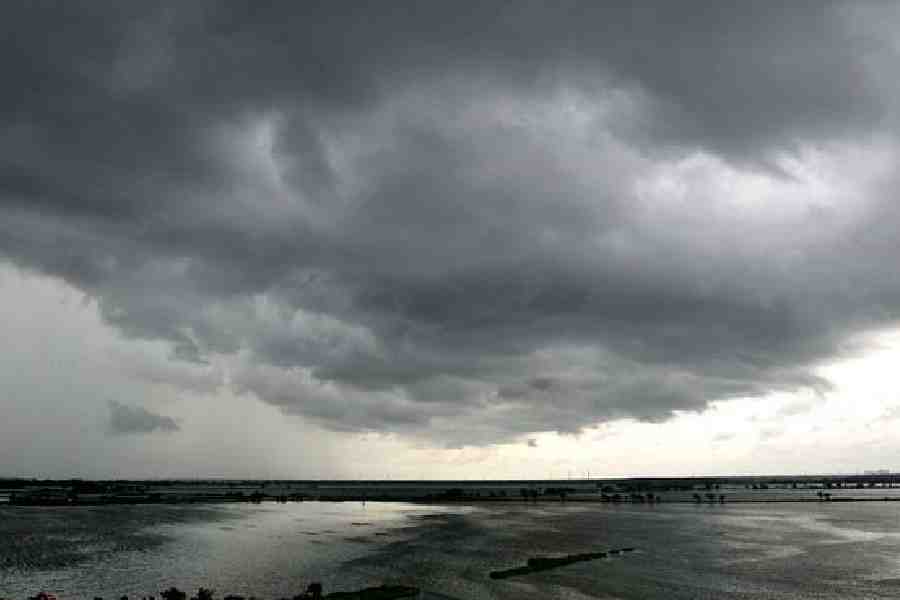The 2024 southwest monsoon season officially ended on Monday, with India recording 934.8 mm rainfall, 108 per cent of the long-period average and the highest since 2020, according to India Meteorological Department data.
Central India received 19 per cent more rainfall than the long-period average for the region, the southern peninsula recorded 14 per cent more than normal, and northwest India saw 7 per cent more than usual.
East and northeast India registered 14 per cent less rainfall than normal, the data showed.
The country experienced a rainfall deficit of 11 per cent in June, followed by an excess of 9 per cent in July, 15.7 per cent in August, and 10.6 per cent in September.
In the 2023 monsoon season, India had recorded 820 mm rainfall, which was 94.4 per cent of the long-period average of 868.6 mm.
The country logged 925 mm of rainfall, 106 per cent of the long-period average, in 2022; 870 mm in 2021; and 958 mm in 2020.
The IMD had predicted above-normal rainfall (106 per cent of the long-period average) for the monsoon season this year.
It also accurately forecast below-normal monsoon rainfall for northeast India, normal rainfall for the northwest, and above-normal rainfall for central and southern peninsular regions.
The monsoon is critical for India's agricultural sector, with 52 per cent of the net cultivated area dependent on it. This primary rain-bearing system is also essential for replenishing reservoirs that provide drinking water and support power generation across the country.
Except for the headline, this story has not been edited by The Telegraph Online staff and has been published from a syndicated feed.











